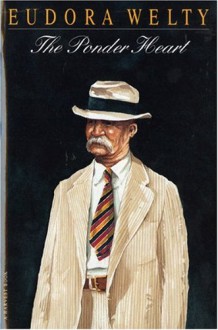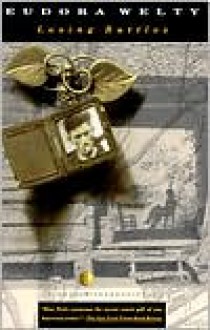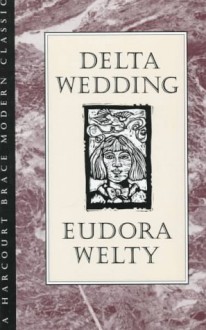$1.99: Summer of '49, by David Halberstam. The Cider House Rules, by John Irving.
$2.99: Still Life, by Louise Penny. (The first of the Inspector Gamache novels.) The Collected Stories of Eudora Welty, by Eudora Welty.
$1.99: Summer of '49, by David Halberstam. The Cider House Rules, by John Irving.
$2.99: Still Life, by Louise Penny. (The first of the Inspector Gamache novels.) The Collected Stories of Eudora Welty, by Eudora Welty.

I'd like to believe that all my favourite funny things - Python, KITH, Mr. Show, and numerous others - transcend time and place, and are objectively funny. I know that's not true, as tons of people don't like Python, for example. But I'd like to believe. And I'd like to believe it about all great humourous art, not just serious art. But I honestly don't know if it's true or not. And when I read something like this, I lean more toward the side that humour isn't transcendent; rather it is contextual and without context you may not be able to appreciate it.
And I believe that about The Ponder Heart because I find it spectacularly unfunny. I understand that it is supposed to be humourous, and I understand what type of humour it is, and I understand that there is a certain craft behind it, but I think I chuckled once, maybe twice.
Now I know this is a style of humour that I don't normally like, but I'd like to think that I can at least appreciate the craft. But I can't help but just find the whole thing frustrating and infuriating. I'd like to think that if there was more to this than just a goofy little story about a lovable old rich gentleman, I'd have something to appreciate. But I just don't see it.

This is a book of character and language, of family and small towns, and if those are the sorts of things you like to read about, this is something you may want to look into. However, if you want a strong and engaging plot or a bit of action, you're likely going to find some difficulty with this one.
But don't mistake me - this is a truly beautiful book to read in its rough, rustic way. The characters here are seen shaded in my own small-town upbringing - that sense of everyone being in everyone's business, of family being like unto a god itself, of the way people can become demons of angels on the strength of perspective and tales.
The setting in the great depression is desperate but also full of making do. the people are all complex, but show particular sides of themselves to their assembled family.
Ultimately, this book got a 3.5 stars from me because for me, beautiful language can't overcome the fact that I just got kinda bored and had some difficulty keeping track of who was who, who hated who, and why. The repetitive nature of the dialogue was realistic and also not something I'm a fan of.

It's Day 9 of the Doubleday UK meme...a novel with the most irritating character of all time...well, now.
http://expendablemudge.blogspot.com/2014/07/book-day-meme-9-character-you-love-to.html
I do so hate Dabney Fairchild. She's a cut-rate Scarlett O'Hara. Almost as much fun to hate as Narcissa Benbow.